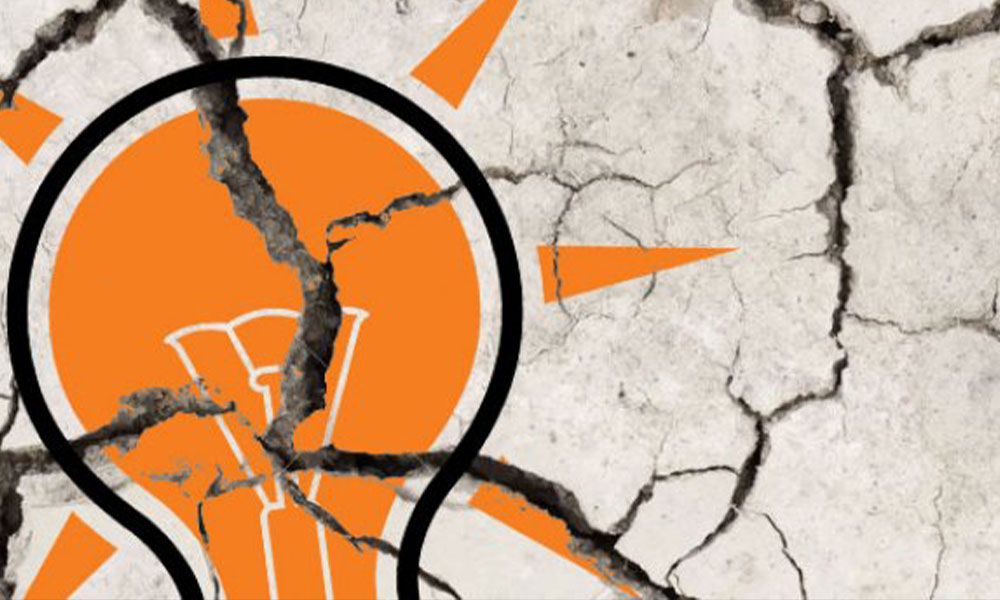The Turkish electorate’s priorities have changed since last year’s elections as the economy and justice take prominence, according to findings from the ruling Justice and Development Party (AK Party).
President Recep Tayyip Erdoğan’s ruling party has met citizens in 81 provinces as part of its “Türkiye meetings,” where senior members are touring the country ahead of its major congress expected to reshuffle the party, and compiled their citizens’ demands and complaints in an extensive report submitted to Erdoğan this weekend, Turkish media reported Sunday.
The report concluded that concerns over terrorism and irregular migration have been replaced by fears of the economy and justice among citizens.
The ruling party has said relevant ministries will be making the necessary effort to address said concerns, namely the Justice Ministry working to strengthen the sense of justice on matters the public is sensitive about.
The AK Party and Justice Minister Yılmaz Tunç recently pledged new regulations to end the public perception of impunity in legal cases.
The “impunity” in question came to the fore recently after a young man who shot dead a police officer in Istanbul was revealed to have walked free in an earlier case despite his lengthy criminal history. Similarly, a social media uproar broke out over the release of a famous couple for whom prosecutors asked for long prison terms on charges of money laundering.
Erdoğan often warns against this sense of impunity, arguing that “verdicts that do not address concerns in public conscience do not serve social peace.”
“Unfortunately, we occasionally come across bad examples serving a sense of impunity. We are exerting efforts to minimize this,” he said in an address to prospective judges and prosecutors in the capital, Ankara, last month.
His party has also been gearing up to bring a new legal package to Parliament, which is said to be shaped by citizens’ demands in the report.
Another core concern for the public is the economy, which the party has said government officials are working on.
The Treasury and Finance Ministry is working “without compromise” on the existing economic development program, which includes achieving single-digit inflation and increasing purchasing power. It will take a series of new steps if necessary, the party insiders have said, particularly to address various problems like housing with which low-income families are struggling.
AK Party sources said second-wave reforms would all align with data directly obtained from the field, designed to meet public demand, “not with a technical or bureaucratic mentality.”
Erdoğan is expected to review the report at his party’s executive meeting on Monday and issue new instructions based on it.
The AK Party’s Türkiye meeting are part of its preparations for its eighth major ordinary congress scheduled for May next year, where the party elects its leader or leadership organs and determines its policy and agenda. During the congress process, the ruling party will refresh its cadres, most notably the Central Executive Committee and Central Decision Board (MKYK), which has 110 seats.
The AK Party members have met with dozens of opinion leaders, pensioners, youths, women, farmers, veterans and relatives of martyred soldiers since kicking off the process on Sept. 6. They also visited households and shopkeepers, vocational unions and representatives of agriculture and industry sectors.
Erdoğan, who pledged a change in the party after losses in the March 31 municipal elections, renewed the pledge at the party’s anniversary event on Aug. 14, saying they would act in line with the spirit of a new era. He urged those in the party “who felt tired” to give up their seats and said they always have a place for new people ready to serve the nation and embrace the values of the party.
The aim is to renew cadres with colleagues “befitting the profile of each province.”
Although it is casually labeled as “Islamist” or “conservative” by its critics, the AK Party became a staple of Turkish politics with its all-embracing politics when it was launched more than two decades ago.
Voters who endorsed left-wing or right-wing parties of the yesteryear and were disillusioned with the tumultuous era of unstable coalition governments carried the party to its first victory.
In the ensuing years, the party strengthened its ranks with new transfers. The names included prominent politicians who were once its opponents, including several from its main rival, the Republican People’s Party (CHP). Its ties with disadvantaged communities, as well as communities who were deprived of their rights by the past governments, such as Kurds, cemented the party’s place in politics.
paturkey.com
